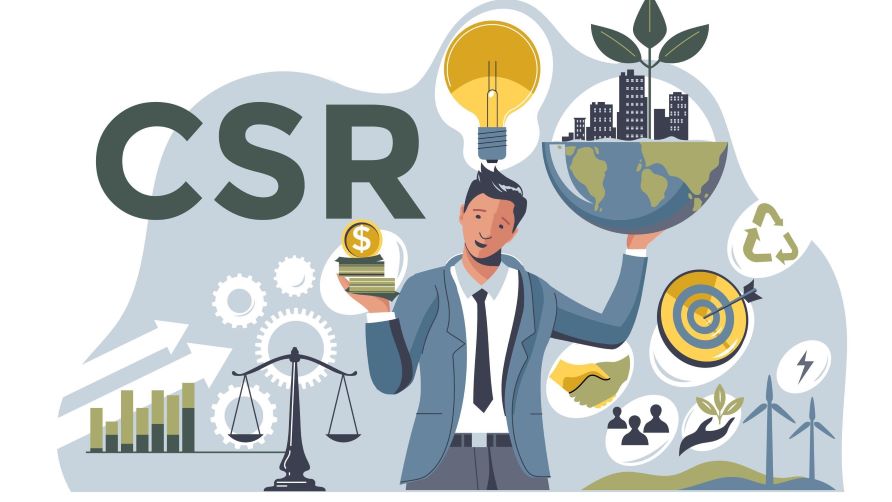Corporate Social Responsibility (CSR) is a concept that can be interpreted at several levels and in different contexts.
We can talk about social responsibility both from the point of the global concept of sustainable development, as a strategy applied at the national economic level, and at the organizational level, as part of corporate social policy.
At the organizational level, it is a business model that helps the practical implementation of a strategy that harmonizes social, economic-business and environmental aspects within the framework of a common concept.

Regarding the corporate social responsibility programs, many companies take important steps to increase social well-being and protect the natural environment.
CSR also acts as a practical strategy against unethical business solutions, prioritizing the expectations of fair trade.
Not only large companies, but also medium-sized and small businesses can organize programs representing social and environmental interests, they can support local civil initiatives, social and other programs aiming to protect the natural environment.
CSR programs bring many benefits to society and the natural environment.
At the same time, the application of CSR in practice also has a positive impact within organizations: it can strengthen employee’s motivation and act as an incentive to increase performance by directly participating in the development of workplace communities and the retention of jobs and employees.
